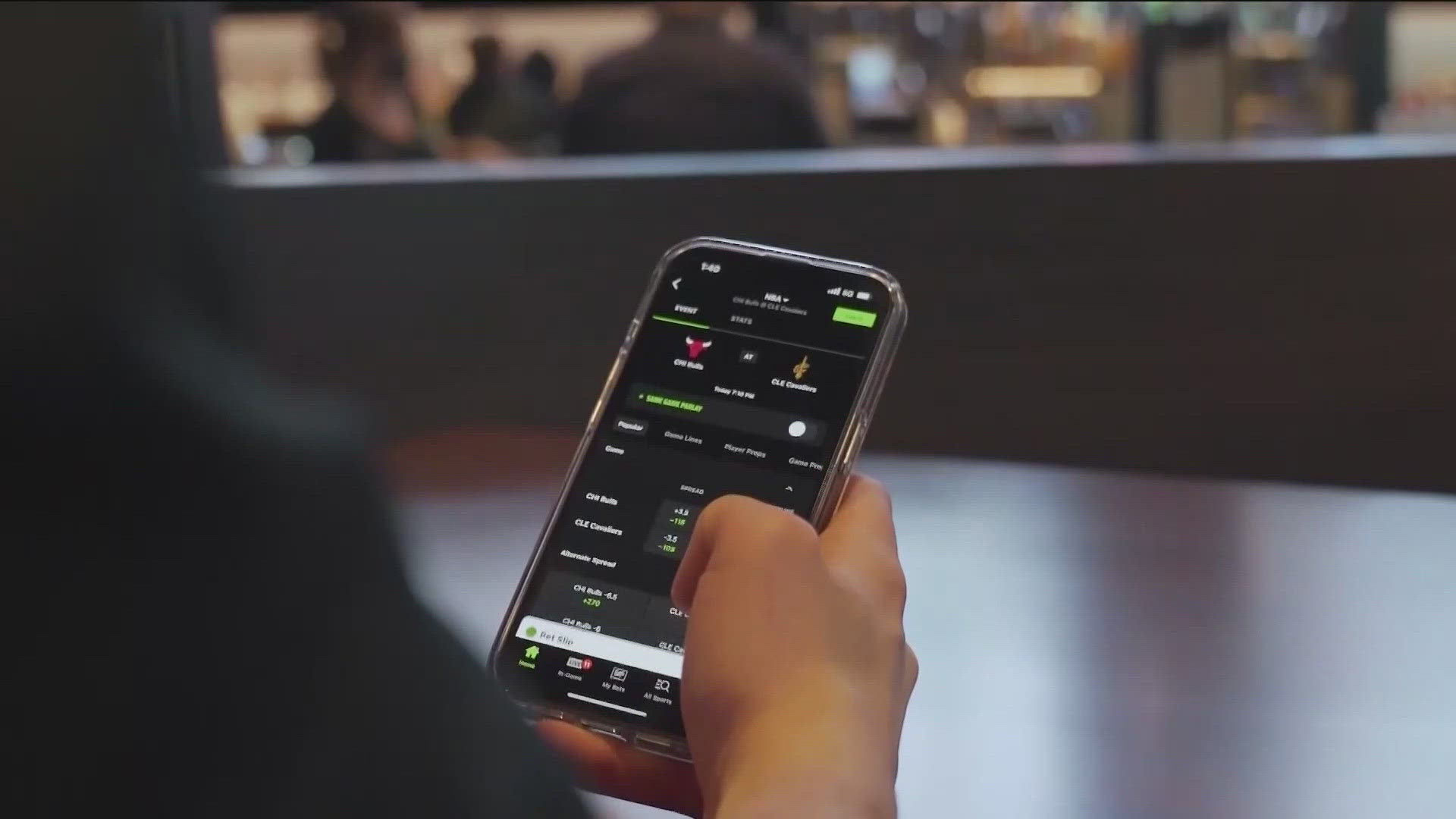TOLEDO, Ohio — About 9 million Americans have a mild or severe issue with gambling, according to The National Council on Problem Gambling.
But, the Problem Gambling Network of Ohio has a free virtual counseling option to help those in the state who are struggling.
A study from the Ohio for Responsible Gambling organization found that one in five Ohioans are categorized as either low-risk, moderate-risk or problem gamblers.
Sports gambling was also legalized in Ohio last year, increasing its audience.
The Zepf Center's gambling program manager said the issue is when gambling becomes a habit.
"Gambling is designed to be a form of entertainment. It's pretty widely socially accepted," said Megan Poliquin.
But that entertainment can turn into something more urgent and less fun, and a person's typical habits can shift, sometimes drastically.
"It should be no different than going to see a movie at the movie theater. So, if you are going to gamble for any other reason other than entertainment, then those are very significant signs that things are shifting to become more problematic for you," Poliquin said.
She added that pulling money from your savings accounts, taking money set aside for bills or other necessary expenses, or borrowing money from friends and family to gamble are visible signs of an issue.
Michael Buzzelli, associate director of the Problem Gambling Network of Ohio, said the telehealth service, which launched in April, offers access to help where you don't need to meet someone in person. He said the reason for the free telehealth option is to help with accessibility and avoid some potential concerns of stigma.
"If someone's more likely to gamble on their phone, they may be more likely to reserve gambling treatment on their phone or on their computer as well, so, it's also a comfort aspect," Buzzelli said.
Both Poliquin and Buzzelli said it's about meeting people where they are at and telehealth can help beat addiction. The option is also for more than those who are struggling with addiction.
"There are services for loved ones as well, so, you can call and just talk to someone," Buzzelli said. "You can get some other resources, you can learn about things that maybe are available in your community."

